Dana Black came to me through a friend of mine called Bob Satterfield. Now, I know Bob because we both have this dream. Bob is a dreamer who makes his dreams come true. So am I. So when Bob mentioned this talented graphic artist from NY– I was interested. When Bob said that Dana would make a good interview– I was hooked. So, thanks to Bob Satterfield we now have an interview with Dana Black to read! I think you will all enjoy this one..
Q) Dana, let me start by asking you one simple question: Who are you?
A) I’m a left-handed New York-born Virgo artist with aspirations to write and create new comics and new art that inspires others to tell stories.That’s what I want most out of my art– to inspire others to write and draw, to tell the stories itching in their minds. I’m a guy with tons of stories just leaping out of my skull so it’s all I can do to filter them, boil them down to their simplest terms and then find a format to tell them all.
Q) How do you control all that creativity? How do you stop ideas from bouncing around all day? Surely, it’s enough to drive you insane?
A) Well, I’m well past the point of insane *laughs* so I do my best to scribble them down on any paper I can find, whether it’s visual ideas, dialogue or plot points. It gets to be a lot of work, but I have a pretty good memory that works well with the flood. The ideas seem to come in spurts of creativity, so when one page is filled with ideas it goes into that specific pile and let me tell you, there’s about a dozen or so piles being compiled for all of the things I want to do.
I’m not the most organized cat on the block but all the notes seem to make it into the piles they’re supposed to. If I write or draw two different projects on the same sheet, I’ll cut it out and make sure it goes where it’s meant to go- or better yet, I’ll find a way to make sure that idea gets utilized in something else entirely.
Q) Do you work in a day job or do you just live off your creativity?
A) Right now I’ve given up the day job thing so that I can have the freedom to write and draw to my little heart’s content. It’s a huge risk– just to up and leave the comfort and security of your bread-and-butter job– but it was doing this that gave me a new focus for creating. Having no safety net is a peculiar way of making sure you get to do what you want to.
Q) How are you finding life without a net so far?
A) While I sometimes think it was a mistake to let go so soon, I’m quite happy being able to create my own hours, work on the projects I want to and draw for pleasure for the most part.
The food isn’t piled on my plate and other sacrifices are made, but who needs a social life when you can invent new friends on paper who are probably a lot more interesting? I get to now say I’m living my dream. In the day job, I could never say that, let alone think it.
It’s a freedom and a struggle but it’s so worth it to me.
Q) Do you feel that following your heart is important? Creativity is more important than the commercial nature of the modern world?
A) I sure do. There’s no doubt about it for me, especially loving art and stories the way I do and having always wanted to make a life for myself doing both. I’m forty now and since I was five I was sure I wanted to make a career at telling stories and doing artwork. It would be nice if I could pull off a solid paycheck like my last job, sure, but it was deadening work and non-creative and took up so much of my time and energy that drawing after work was a struggle.
It’s been my dream to draw and write for a living and now, slowly but surely, I get to do just that and I have nothing in my way or holding me back, most especially I don’t have anyone stifling my creativity or telling me “Don’t draw here,” or “You can’t do that now.”
Q) Do you have dependents or do you live alone?
A) I’m a single dude with no kids, no pets, no one depending on me for anything. I’ve tried to tell relationship partners in the past that this is my great love; that I’m married to art, but they couldn’t understand it. Now I don’t have to worry about explaining why I do what I do or having either the relationship or the art get in the way of the other.
I don’t have to worry about waking up at 3am to draw or write and bothering anyone or having them feel neglected. While I miss companionship, it’s a sacrifice I’m willing to make because the sole purpose is to make ME happy.
Q) Tell me about your writing process. How do you like to write?
A) Writing for me starts with a rough idea in my head and I start by scribbling a grocery list of all the things that would make a story interesting to me. I’ll start with Stunts, actually–visual ideas of what type of action sequences would be compelling– then I glue this onto a 3 Act Structure and start breaking it down into an outline from start to finish, creating the Spine of the story. From there I start writing dialogue, something I feel really comfortable with. Then I tighten the outline, get very specific, add things, toss out others until I have an outline that really works. Meanwhile, on the margins of all pages, there’s visual ideas, character designs, vehicles, props, sigils, etc…that all directly relate to what I’ve just written. I had a friend recently tell me it was like deciphering code but it really all fits together well once I have the major plot points hammered out.
It’s drawing and writing simultaneously, basically. I write stories with pictures.
Q) What would you deem as your strongest quality?
A) Beyond being a pretty capable artist, I have a contagious love for Comics Storytelling and I want everyone to recognize them for the art form they are. It’s my passion and I often get all teary eyed when talking about how much I love this graphic world.
Q) How did you get your first break in the world of graphics?
A) Right now I’m working on a one shot called REDEYE which is my love letter to comics and in it are all of the things that floor me about comics and stories. From the danger and romance, to the humor and the horror. Comics have it all and I plan on showing them off as much as I possibly can.
I’d been drawing since I was five and won local awards and such for years but it was going to Comic Conventions where I met my idols that things started to happen. At a New York Convention in 1994 I met a Comics Artist or two who decided to take me under their wing and give me a shot at drawing professionally. The relationships fizzled but I never lost my love or interest in it. I dabbled in Music for years until a close writer friend offered me the opportunity to do covers for his novels. Once people started seeing what I could do and once I started building confidence in my work, more work followed.
I did covers, pinups, trading cards, art direction and even script supervising and now I’m doing my best to utilize all of these into projects that I’ve created myself or am doing with other writers.
Q) So what’s the plan? To create graphic novels and sell them to publishers?
A) Yeah, that’s the plan basically. Create stuff that comes from my brain and see who’ll publish what I’ve done or work with writers who have a set deal. I have no interest in working in mainstream comics, so books like Batman, X-Men etc… are not books you’re likely to see me work on. There is only one character in mainstream comics that I have any real love for and a writer friend and I are going to work out my plot for that and see if it gets a green light. If it doesn’t, even with the writer’s reputation, we have a back up plan to make it our own property and do it independently.
Q) Are you looking for investors?
A) No, not at this point. With REDEYE, we’re considering releasing it digitally to cut down on the risk factor but we have a few companies who I’m sure would find this property quite nice.
I think once people see the work finished, companies will hopefully line up to publish it.
Q) I would guess you have connections within the industry?
A) Yeah, there’s a bundle of gentlemen who like my work enough to take a chance on some of my ideas. After the first few projects are published, I see myself working on larger projects with more commitment and I think I have a few connections willing to come along for the ride.
Q) So you went into the wilderness knowing you would be published?
A) Yes, I had the confidence and the art to back it up plus that utter desperation of “Well, there’s no more Day Job”.
Q) You sounds like a natural risk taker, then.
A) I have to contain the laughter and my friends and family reading this would all agree that Yes, I’m a Natural Born Risk Taker. Or a Natural Born Idiot, either one. Take your pick. *laughs*
Q) How do you feel about a life without risks?
A) Well, I’ve worked the day jobs, I’ve done the stuff expected of me and it’s really no fun– there’s no passion and I’m a person that has to LOVE it to do it. I find taking no risks boring and dull and I’m anything but. I have friends who sit at their desks, watch the clock, collect a paycheck, go home and kiss their dogs. That is not the life for me.
But I do like dogs. Very much.
Q) What are your thoughts on self-publishing?
A) Self-publishing is something I have mixed feelings about. One, it means that I can tell the stories I want to tell unconstrained by editorial or publishers wants. Two, it means I don’t have the goods to make it and get my stories published.
Even more personal projects can find a publisher, but inferior art and story cannot and should not.
Q) Do you believe, as many do, that self-publishing has flooded the market?
Yes, there’s a boom of self-publishers. Any Joe Shmoe with a little bit of money can release a project and it crowds the racks with inferior product.
But can that Joe Shmoe produce a good book with interesting stories and top notch art? Usually not, which is why they self-publish.
Let’s face it, the industry is mired in inferior product, and it’s not just the self-publishers but they seem most responsible for it. Sometimes having that freedom to self-publish does not guarantee a worthwhile book.
It’s the obligation of an artist and writer to do their best work.
Q) So the statement “Everyone has a book inside of them,” should perhaps be “Everyone has a book inside of them– but the majority should stay inside of them.” Would you agree with that?
A) No, I can’t agree with that as much as I want to. I’d be happy not seeing many books I’ve seen . I would say draw and write the BEST book you can, then write it and draw it again and if it’s not the BEST book you can put out- stop and find something else to do. I want to see quality products, the best books, the best stories, the best art– art and stories that pump me up and not leave me cold– and that’s my goal. I want people to be blown away, not because they’re supposed to be, but because they are.
People are not being their own worst critics and that’s why we have so much trash on the stands. “Hey, Bob, here’s a good idea.” No, it has to be GREAT.
Q) What made you say yes to an interview with me?
A) Well, we have a mutual friend Bob Satterfield who approached me about it and with his recommendation and your quality of interviews. I said “Why Not?” It sounded like fun and it has been. I wanted to continue taking a risk to get a little bit of me out there and to express my love for the graphic medium and didn’t know if I’d get the chance again any time soon. Also, I felt it important for an artist to be heard.
Q) Well, Dana thank you for stopping by. It’s been a pleasure interviewing you!
A) Nick, you’re very welcome and I have to thank you for the opportunity and it’s been a real joy to have spoken to you at length.
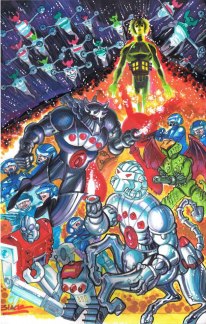 Look out for the wonderful work of Dana Black! It may soon be at your local comic store!
Look out for the wonderful work of Dana Black! It may soon be at your local comic store!

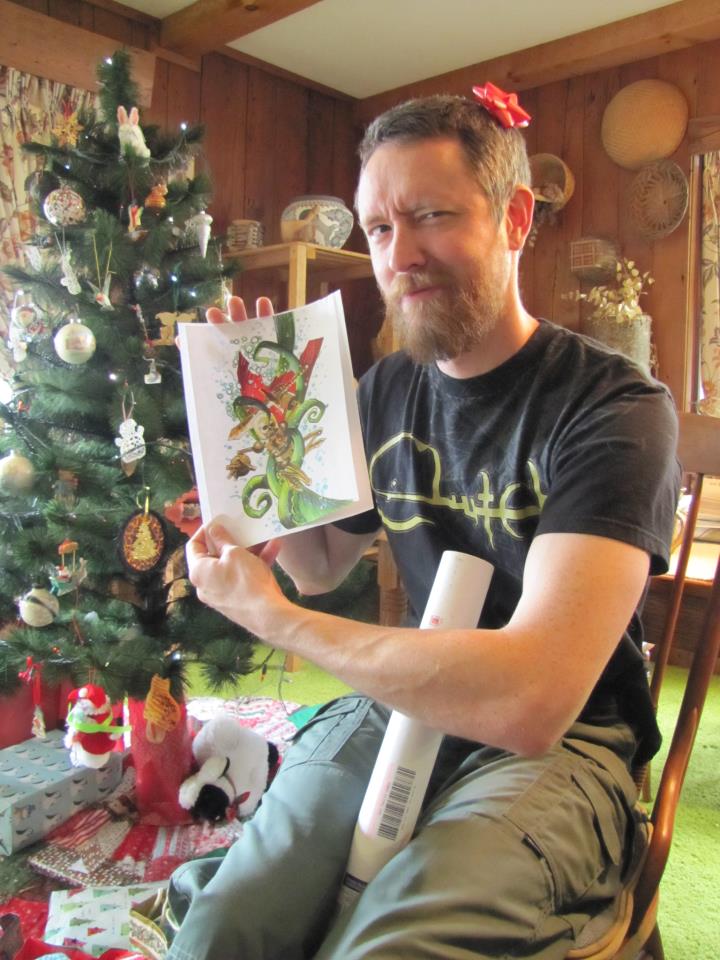

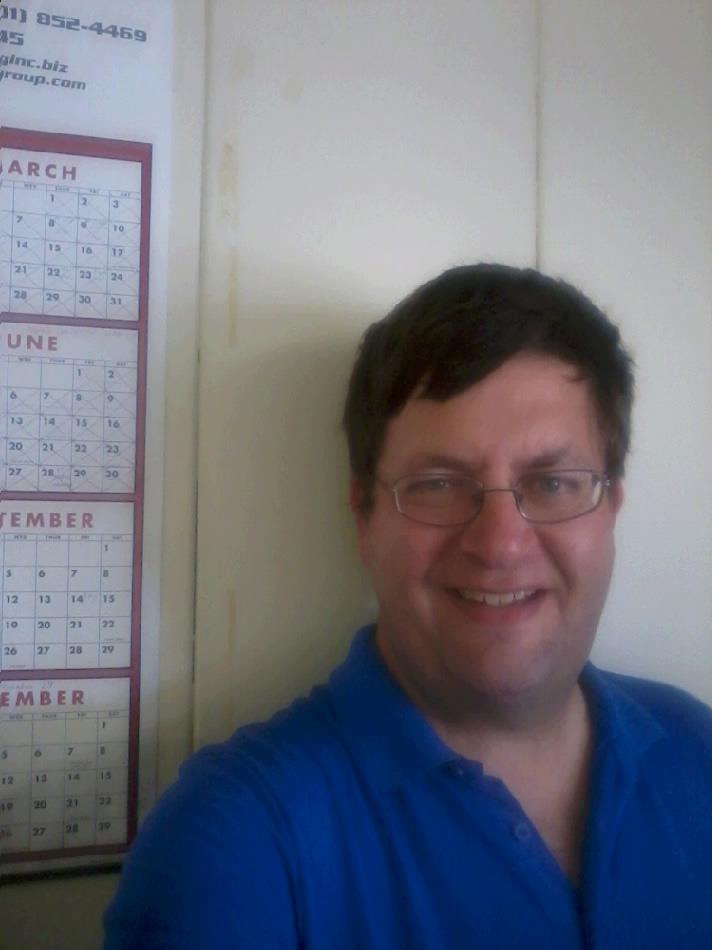
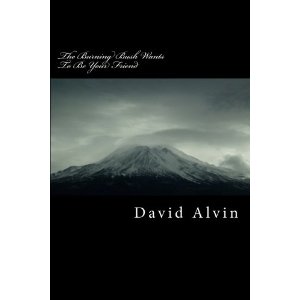
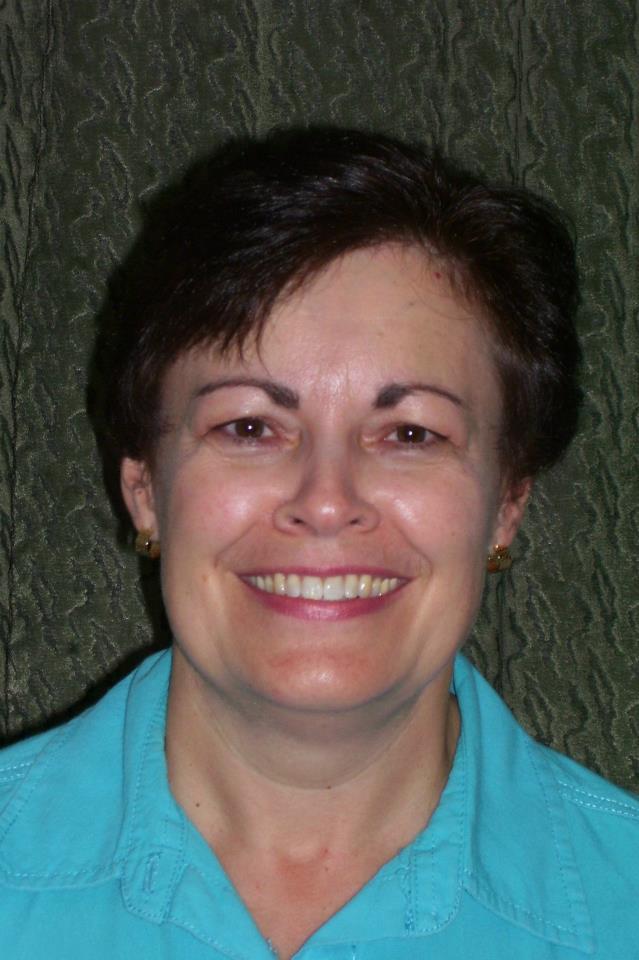
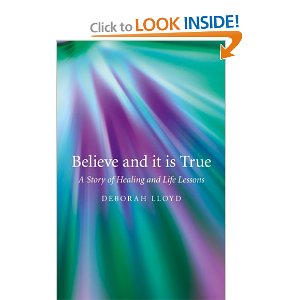
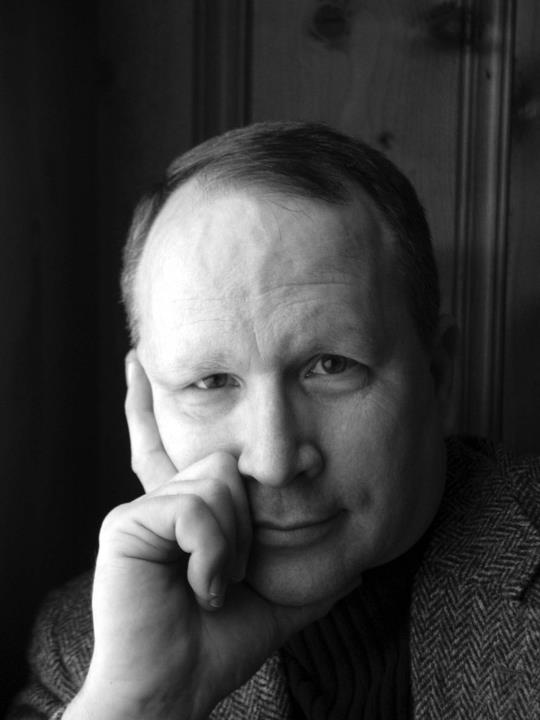
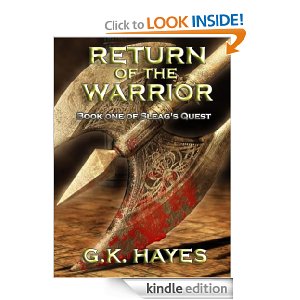
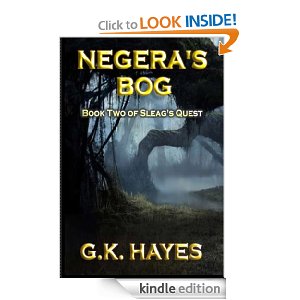
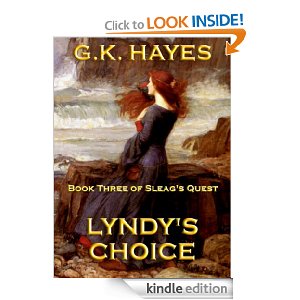

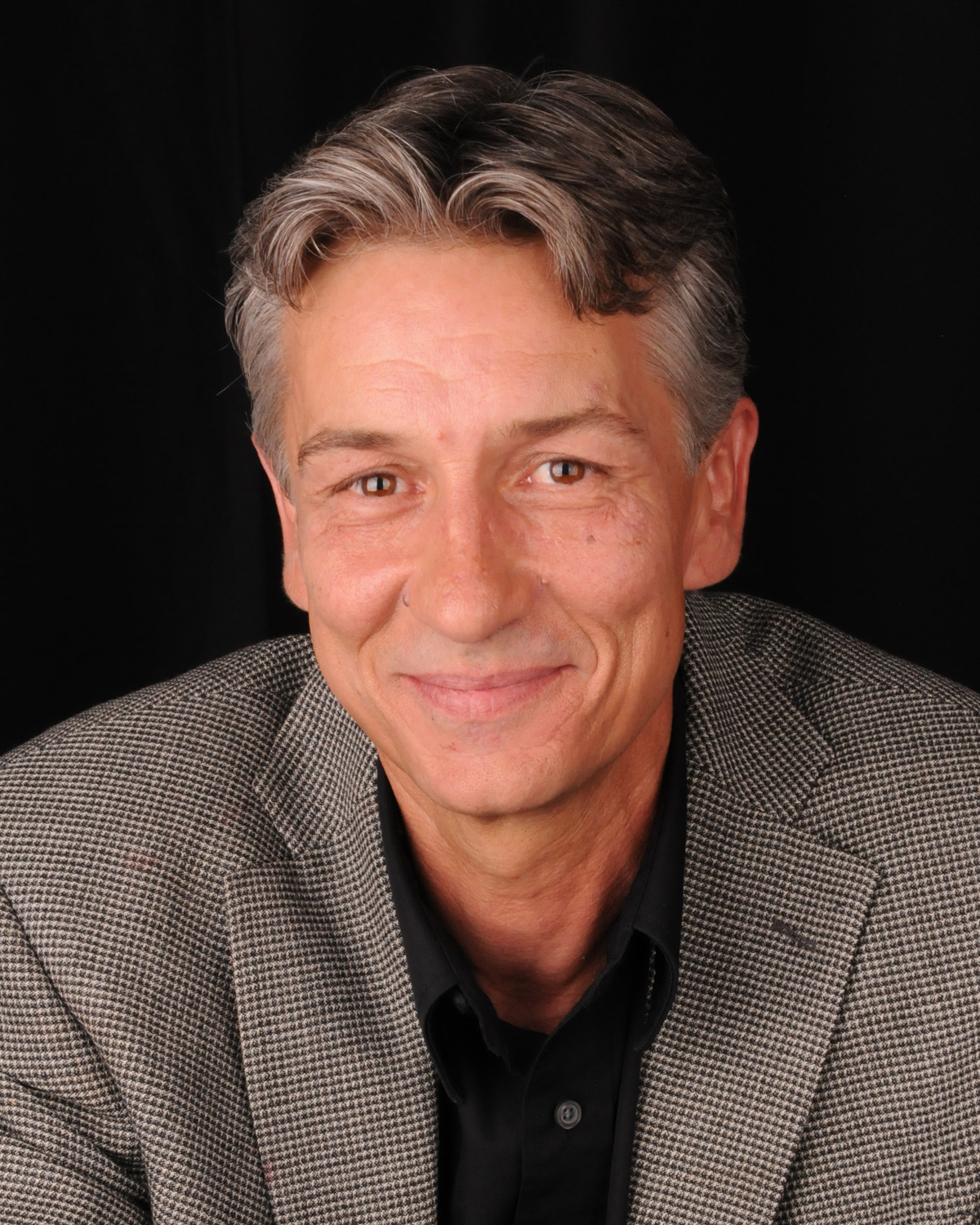


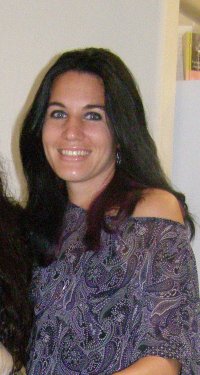
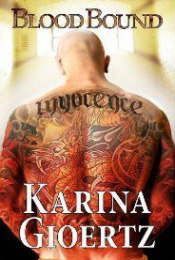

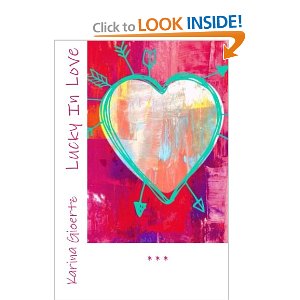

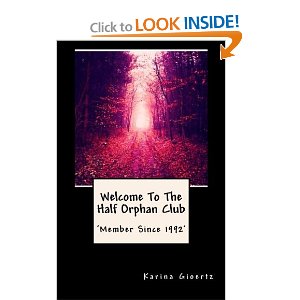
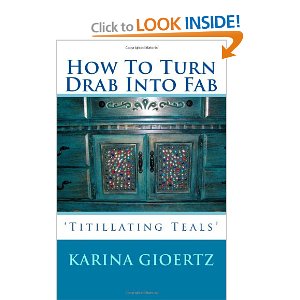
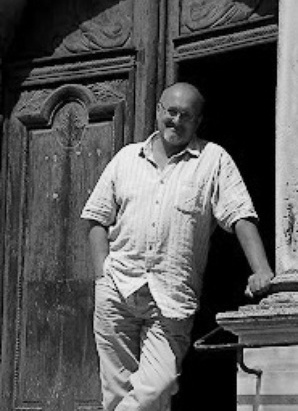
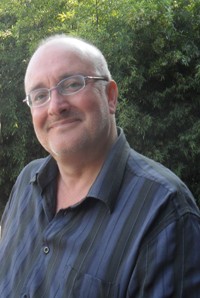
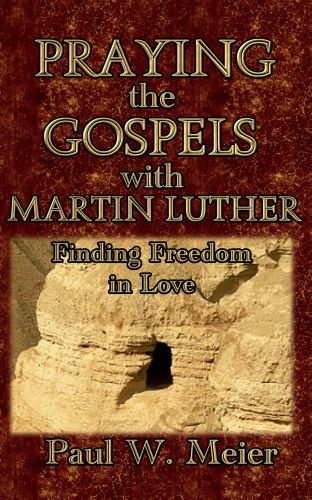
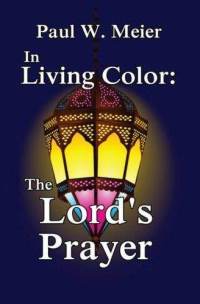

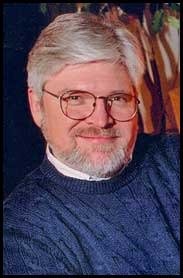
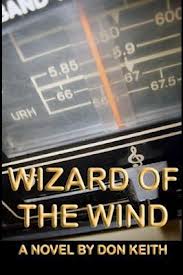
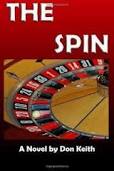
Recent Comments